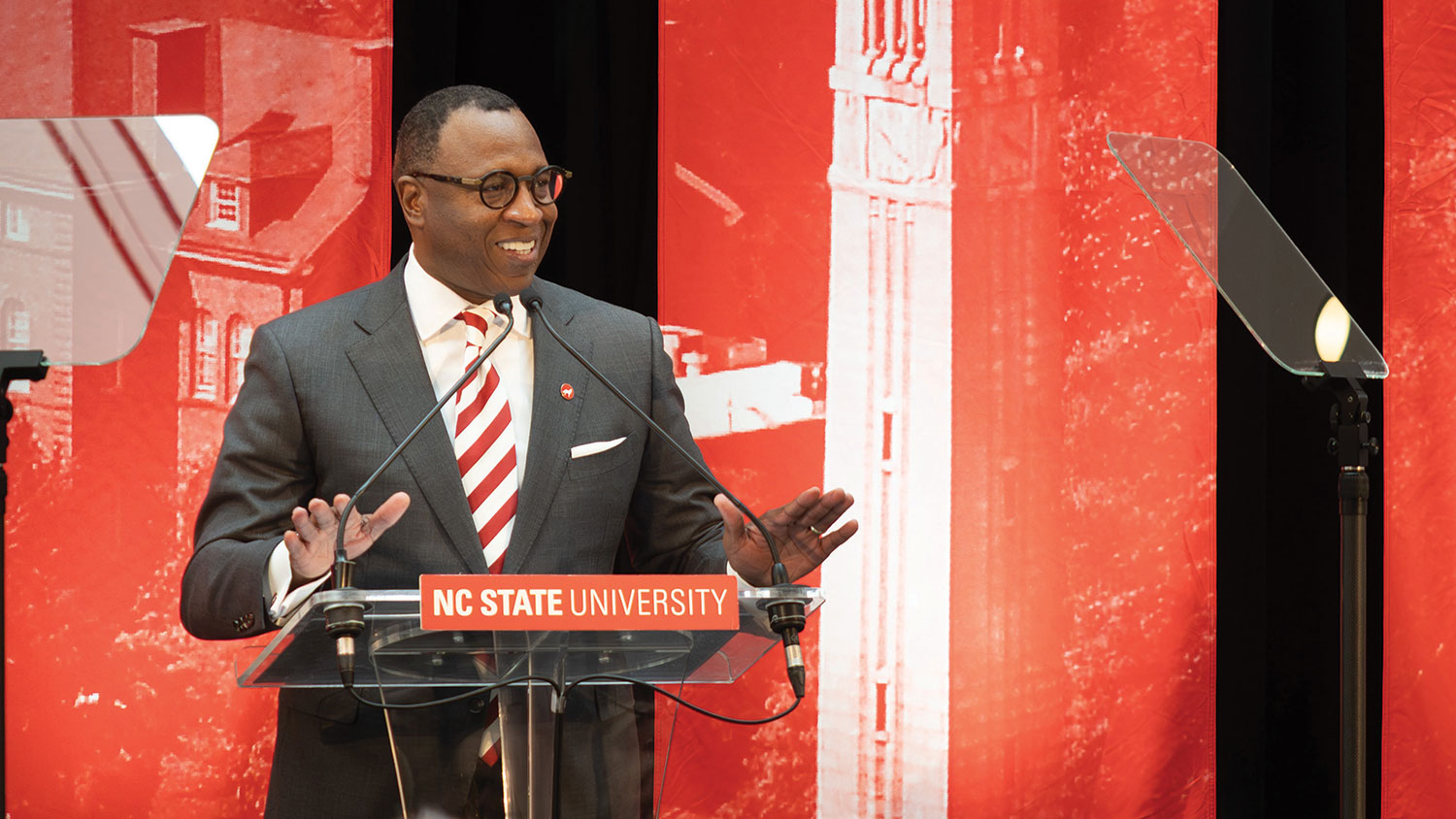How the Humanities and Social Sciences Shape Future Health Professionals
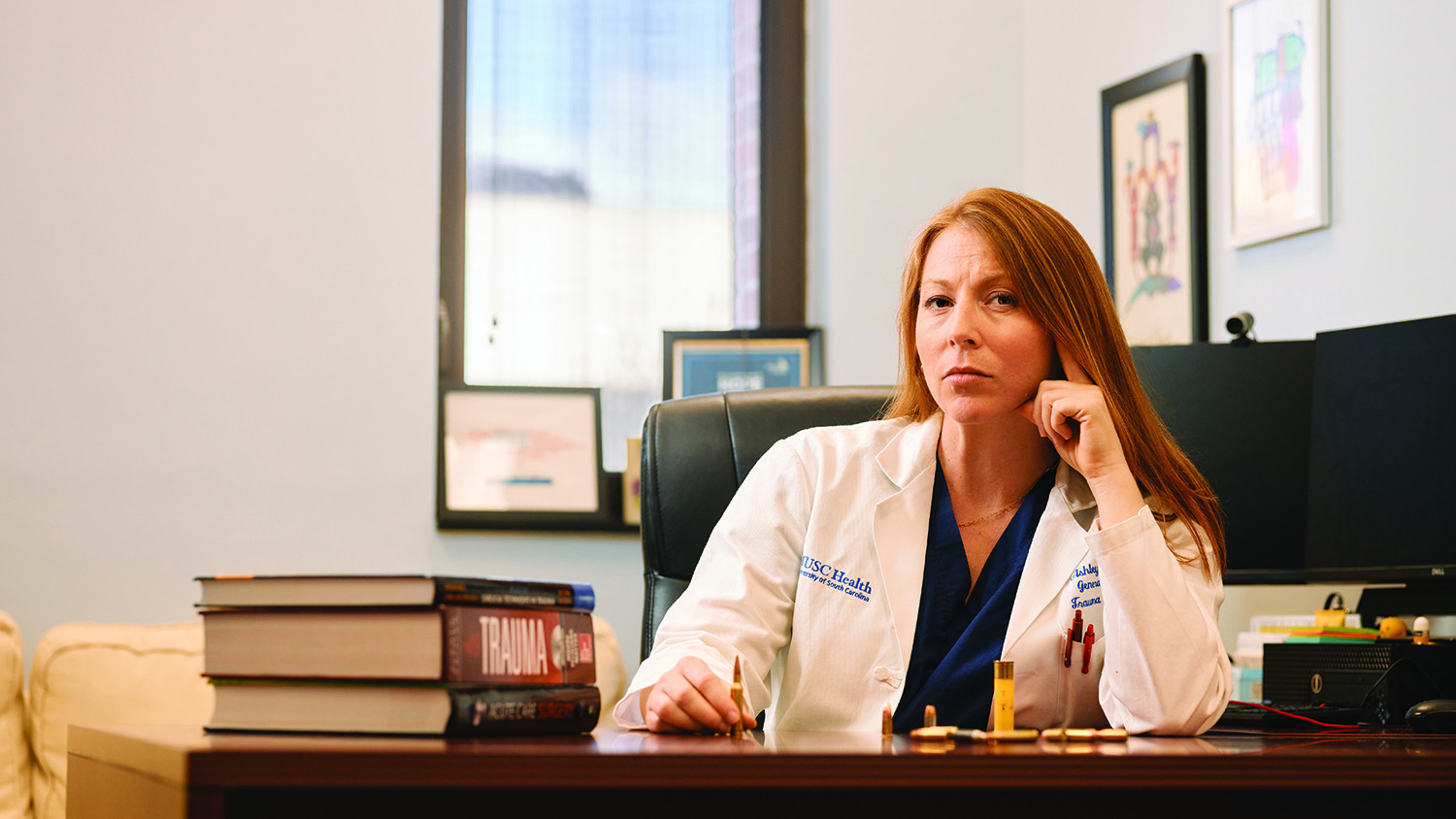
While science courses have long been essential to preparing for medical school and health careers, the College of Humanities and Social Sciences (CHASS) equips students with critical skills that enhance communication, ethical reasoning and a deeper understanding of the human experience.
Three alumni from the college illustrate how their diverse educational backgrounds bring fresh perspectives to the profession, empowering them to tackle complex societal issues and drive meaningful change.
Ashley Hink blends her science, technology, and society and microbiology degrees with medical training to strengthen her expertise as a surgeon and associate professor of surgery. Medical student Nathan Adams draws on his English background to foster empathy and communicate effectively with patients. Behavioral psychologist Laura Brown Green uses her psychology degree to study how human behavior affects public health at the Centers for Disease Control and Prevention (CDC).
In today’s rapidly evolving health care landscape, these alumni exemplify how their education — enhanced by essential science courses — provided them with vital skills to navigate the medical field’s academic challenges and real-world complexities. At a time when understanding the human experience and social dynamics is critical, the humanities and social sciences play a significant role in shaping well-rounded, compassionate health professionals.
Carol Ann Lewald, the college’s assistant dean for undergraduate programs, points to two of the many pathways CHASS offers that bridge the humanities and social sciences with studies in medicine and health, enabling students to approach health care and medical topics with a human-centered perspective.
“A B.A. or B.S. in science, technology and society (STS), for instance, allows students to explore and integrate academic research on scientific advancements, technological innovation and social structures,” said Lewald. “This interdisciplinary approach equips students to understand the societal implications of scientific and technological developments, which is crucial in addressing public health concerns related to emerging technologies.”
She added that a philosophy degree strengthens students’ ability to evaluate research methodologies, dissect arguments, identify biases and assess the validity of claims — skills essential in evidence-based medicine and public health research.
Meet the three alumni and learn how they leveraged their CHASS degrees into satisfying and impactful careers. Here are their stories.
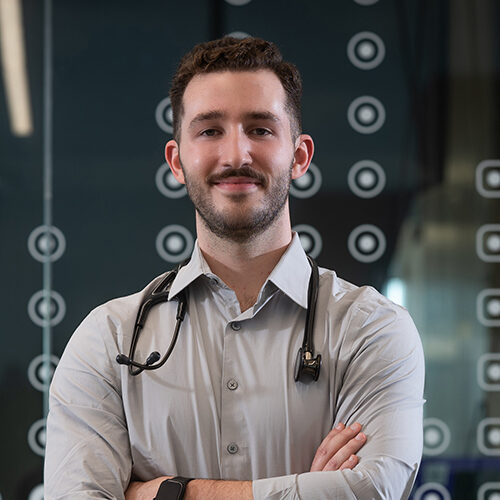
Nathan Adams graduated in 2021 with a degree in English language, writing and rhetoric. He is a third-year medical student at the University of North Carolina School of Medicine interested in orthopedic surgery.
What do The Canterbury Tales and medicine have in common? In Chaucer, one of his favorite classes at CHASS, Adams said he discovered how refreshing it is that, despite vast changes in the world, human nature has remained largely the same. This is equally true in medicine where, despite technological advances, “the basic needs and interactions of humans remain central to what medicine should be,” he said.
“I truly believe my degree and studies in CHASS have made me a more considerate caretaker and a more effective communicator.”
His classes also taught him “how to write concisely and communicate effectively,” skills he uses daily. He mentioned that his writing background has been “exceptionally helpful when drafting manuscripts for publication,” and his training in rhetoric has proven valuable in connecting with patients.
Adams said he also learned to be a diligent consumer of information. He emphasized that in medicine, assessing the reliability of information is crucial, as accurate data can be the deciding factor between life and death. Additionally, he deepened his understanding of the social aspects of medicine, gaining insights into mental health from reading Girl, Interrupted and considering social determinants — like cost or fear — when patients struggle to take their medication, rather than assuming noncompliance.
“A humanities degree really shines in the way you interact with the patients you see every day,” he said. “I truly believe my degree and studies in CHASS have made me a more considerate caretaker and a more effective communicator.”
Adams offers his insights for individuals considering a career in health care: Since medicine blends elements of the humanities and social sciences, a degree in these areas provides a significant advantage, he said.
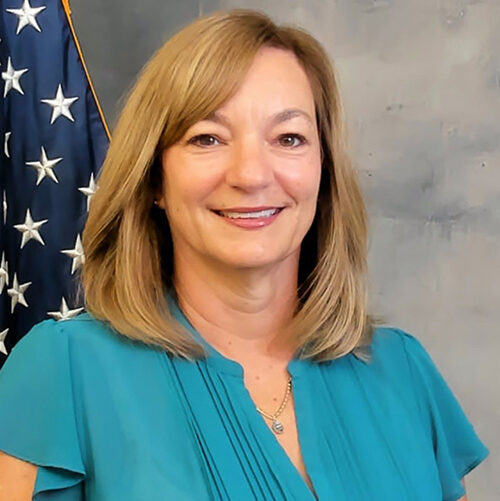
Laura Brown Green has spent 20 years as a behavioral psychologist at the CDC in Atlanta. A 1990 graduate, she works in a food safety group focused on enhancing restaurant food safety and specializes in preventing foodborne illness outbreaks in restaurants and delis.
“As a psych major, I became really interested in research about how people are influenced by their social and physical environment,” she explained. She also conducted psychology research and wrote and published papers, which led her to graduate school in psychology research and, subsequently, a career in behavioral research.
Brown added that her CHASS training provided her with the skills and knowledge necessary to contribute effectively to real-world research, especially in ensuring the collection of high-quality data. It also offered her an advantage in professional settings.
“Some of the things I learned in CHASS translate well to any field: critical thinking, communication, problem-solving, and flexibility.”
“Early in my career at the CDC, my humanities and social sciences background gave me an edge while collaborating with food safety experts on a study of restaurant workers’ food safety practices,” she said. “My expertise in behavioral research played a key role in designing data collection protocols that minimized biases and improved data quality.”
Brown uses her humanities and social sciences background to examine how human choices impact public health.
For instance, she pointed to her work on a collaborative study that found workers were more likely to wash their hands if a sink was in their line of sight. “This finding,” she said, “highlighted the importance of the physical environment to behavior and was shared with restaurant food safety groups.”
For students contemplating a career in health or other fields, Brown stressed the versatility of a liberal arts education: “Some of the things I learned in CHASS translate well to any field: critical thinking, communication, problem-solving, and flexibility,” she said.
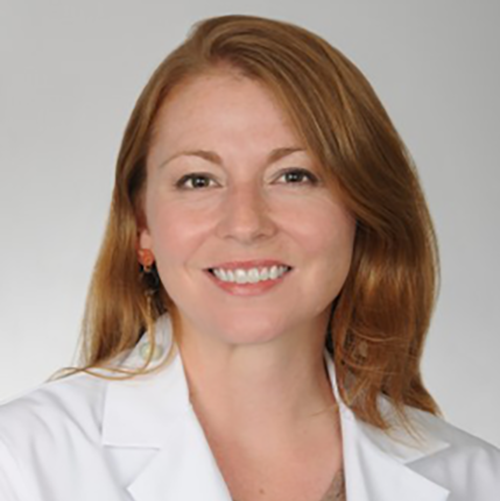
Dr. Ashley Hink is an associate professor of surgery at the Medical University of South Carolina, where she works as a trauma, burn and critical care surgeon. The 2005 graduate is also engaged in research and program initiatives focused on improving care and outcomes for victims of violent injuries and serves as the medical director of the hospital’s violence intervention program.
Every day! That’s how often Hink believes her background in the humanities and social sciences provides her with an edge, making her a better physician.
She said her CHASS education taught her the importance of understanding how people’s backgrounds, experiences, and past traumas impact their lives and affect their health and recovery. “Every person, every patient, is unique,” she said. “Science, medicine can only do so much for individuals if the social determinants of health are not considered and improved upon.”
“Follow your own path and interests, as traditional science routes don’t necessarily help you stand out or guarantee success in medicine.”
Through her STS coursework, Hink said she learned not only how scientific advancements have led to societal and personal improvements but also how they can result in harm, disadvantage and inequity.
At CHASS, Hink said she also learned that scientific knowledge must be communicated in a way that resonates with diverse audiences.
“Communication skills I learned — through classes like public speaking and scientific writing — make me a better physician and communicator with my patients and help me communicate my work in violence prevention to various stakeholders to achieve buy-in and trust to do the work,” she said.
So, what advice does she have for CHASS students hoping to enter the health sector?
“Follow your own path and interests, as traditional science routes don’t necessarily help you stand out or guarantee success in medicine,” Hink said, adding that medicine needs individuals who possess creative problem-solving skills, excellent communication abilities, and compassion for people and communities.
- Categories:

